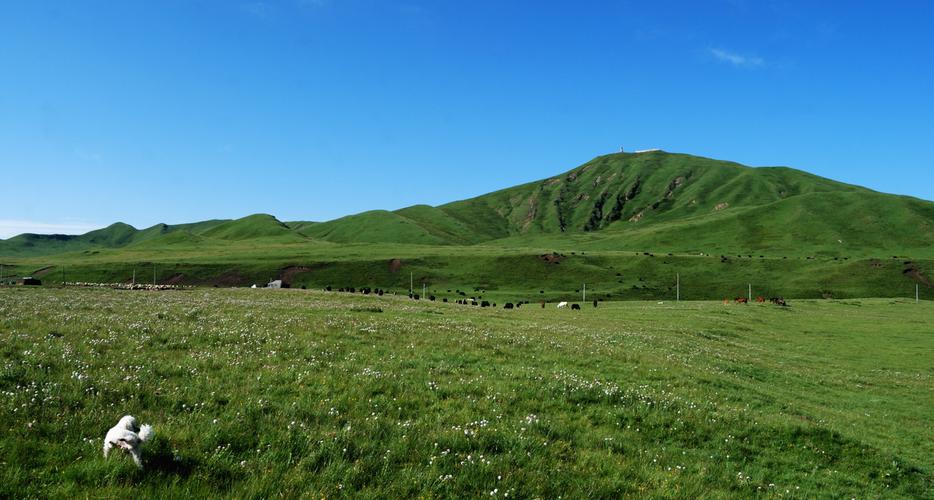Preparing for Your Colonoscopy: What to Eat and Drink 2 Days Before the Procedure
Introduction
A colonoscopy is a routine medical procedure often recommended by doctors to screen for colon cancer or to investigate digestive problems. It involves inserting a flexible tube with a camera into the colon through the rectum to examine the colon’s lining. One of the most important aspects of preparing for a colonoscopy is adhering to a specific diet that helps to clear the bowels and ensure a thorough examination. In this article, we discuss the foods and drinks to consume and avoid two days before a colonoscopy and how to prepare for the procedure.
The Importance of Diet in Colonoscopy Preparation
Before a colonoscopy, patients are advised to follow a low-fiber diet, which limits the intake of high-fiber foods that may interfere with the bowel preparation process. The reason for this is to ensure that the colon is cleaned out as thoroughly as possible during the bowel preparation process, which involves taking laxatives or other medications to empty the bowels completely. A low-fiber diet ensures that there is less waste material in the colon and that the colonoscopy is more effective.
What to Eat 2 Days Before a Colonoscopy
Two days before a colonoscopy, patients should stick to a low-fiber diet consisting of clear liquids, low-fiber foods, and protein sources that are low in fat:
• Clear liquids: Drink clear liquids such as water, apple juice, strained fruit juice, broth, tea, coffee (without cream or milk), and sports drinks, which help to keep you hydrated and flush out the digestive system.
• Low-fiber foods: Choose low-fiber foods such as white rice, white bread, refined pasta, cooked or canned fruits (without skins or seeds), vegetables without skins or seeds, lean meat, fish, eggs, and dairy products.
It is important to note that consuming red colored liquids or jello may leave a residue in the colon that could be mistaken for blood during the colonoscopy, and therefore should be avoided.
What to Avoid 2 Days Before a Colonoscopy
High-fiber foods should be avoided two days before a colonoscopy, as they can interfere with the colon’s cleansing process, leading to an incomplete examination. The following foods should be avoided:
• Fruits with seeds or skins: Fresh fruits such as blueberries, raspberries, strawberries, blackberries, figs, and kiwi, as well as dried fruits such as raisins, dates, and prunes should be avoided.
• Vegetables with seeds or skins: Vegetables such as corn, broccoli, cabbage, beans, and peas should be avoided as they are high in fiber.
• Nuts and seeds: Nuts, seeds, and popcorn should be avoided, as they are difficult to digest and can cause gas.
• High-fat foods: High-fat foods such as fried foods, fatty meats, and cream-based sauces should be avoided.
Preparing for a Colonoscopy
In addition to following a low-fiber diet, there are other important steps to follow when preparing for a colonoscopy. These include:
• Stopping certain medications: Discuss with your doctor which medications you need to stop taking and which ones you can continue taking leading up to the procedure.
• Fasting: You may be asked to fast for a certain number of hours before the procedure. Be sure to follow your doctor’s instructions.
• Bowel preparation: You will be given instructions on how to take a bowel preparation product to completely empty your bowel prior to the procedure.
Conclusion
Preparing for a colonoscopy involves adhering to a low-fiber diet two days before the procedure, which helps to ensure that the colon is cleaned out thoroughly. Patients should focus on consuming clear liquids, low-fiber foods, and protein sources that are low in fat. It is important to avoid high-fiber foods, nuts, seeds, and high-fat foods, which can interfere with the colon’s cleansing process and lead to an incomplete examination. In addition to following a low-fiber diet, patients should also follow their doctor’s instructions for bowel preparation, fasting, and stopping certain medications. By following these steps, patients can help to ensure a successful colonoscopy that can detect potential health issues in a timely manner.
(Note: Do you have knowledge or insights to share? Unlock new opportunities and expand your reach by joining our authors team. Click Registration to join us and share your expertise with our readers.)
Speech tips:
Please note that any statements involving politics will not be approved.
